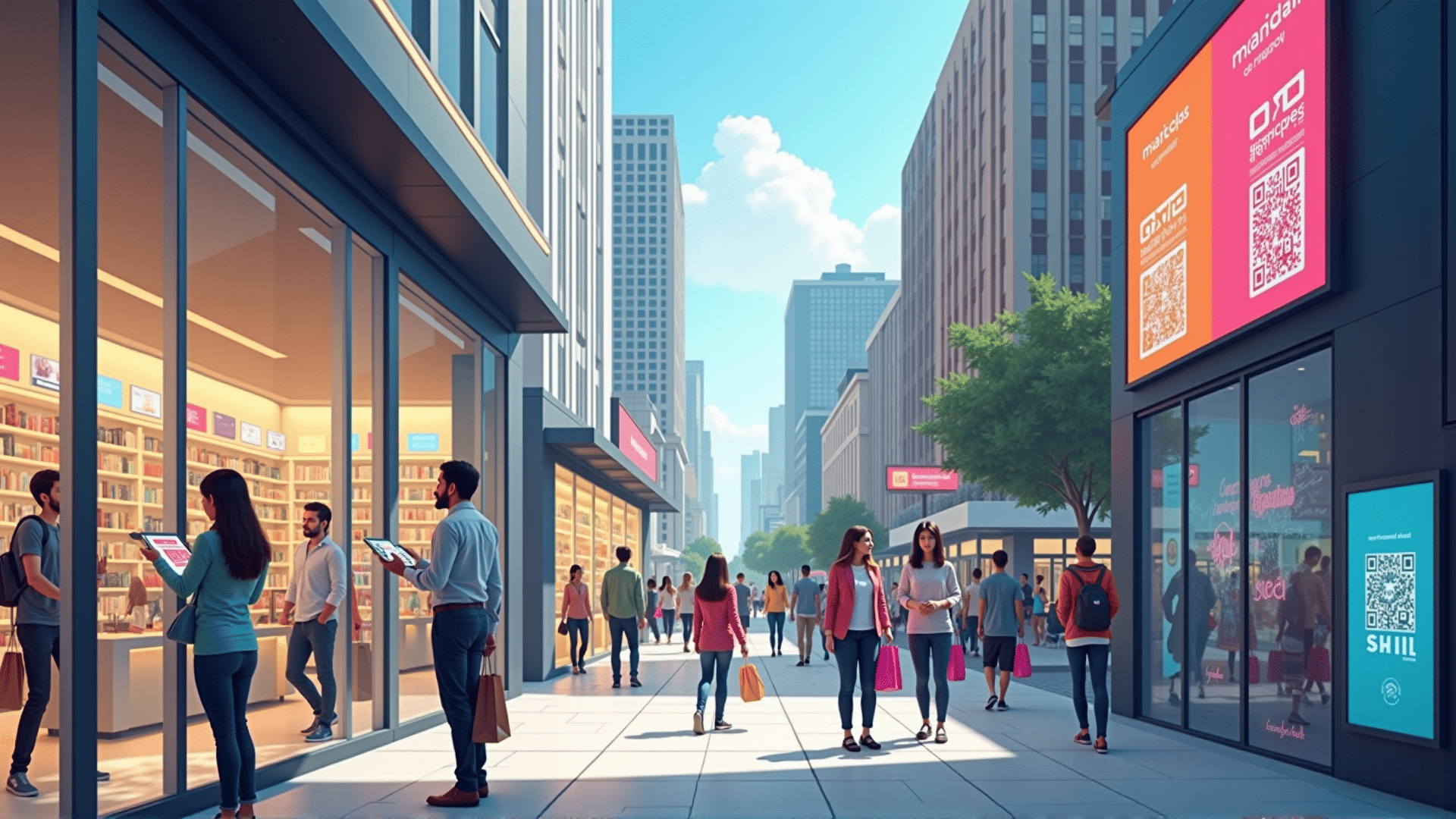The evolution of internet shopping has sparked a profound transformation in the retail sector, reshaping not only how consumers engage with brands but also how businesses operate. This digital shift is driven by changing consumer behaviors, technological advancements, and the need for a more convenient shopping experience.
One of the most significant changes is the rise of e-commerce platforms, which have expanded marketplace opportunities beyond geographical boundaries. These platforms provide an unprecedented level of convenience, allowing consumers to explore a vast variety of products from the comfort of their homes. With user-friendly interfaces and efficient search functions, these platforms enable consumers to easily discover products, compare options, and make informed decisions.
Personalization has also become a cornerstone of this digital shift. Retailers now have access to a wealth of consumer data, which allows them to tailor the shopping experience to individual preferences. Advanced algorithms analyze browsing history, previous interactions, and even social media activity to recommend products that align with the consumer's interests. This level of customization not only enhances the shopping experience but also fosters customer loyalty.
Mobile technology has further accelerated this transformation, with many consumers now preferring to shop using their smartphones. Retailers have responded by optimizing their websites for mobile use and developing dedicated apps that offer seamless navigation and instant checkout processes. The integration of mobile payments has simplified transactions, further encouraging consumers to embrace online shopping.
Moreover, the role of social media in retail has grown significantly. Platforms like Instagram and TikTok have evolved into powerful marketing tools, where influencers and brands can showcase products directly to their target audiences. This social commerce trend allows consumers to engage with brands in a more interactive and engaging way, often driving spontaneous purchase decisions inspired by social proof and peer recommendations.
The shift towards a digital marketplace is not just favored by consumers but also by retailers, who benefit from reduced overhead costs and the ability to reach a global audience. Many traditional retail businesses are adopting an omnichannel approach, merging their physical and digital operations to provide a cohesive experience, whether consumers are shopping in-store or online.
As the retail landscape continues to evolve, businesses must remain agile, adapting to new technologies and consumer expectations. This ongoing transformation is set to continue as innovations like augmented reality, virtual reality, and artificial intelligence become more integrated into the retail experience, offering ever more immersive and personalized interactions for consumers.
In summary, internet shopping is redefining retail by providing consumers with unmatched convenience, personalization, and connectivity with brands. Retailers who embrace these changes and innovate accordingly are well-positioned to thrive in this rapidly evolving digital economy.
